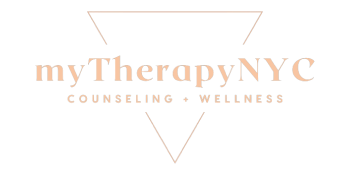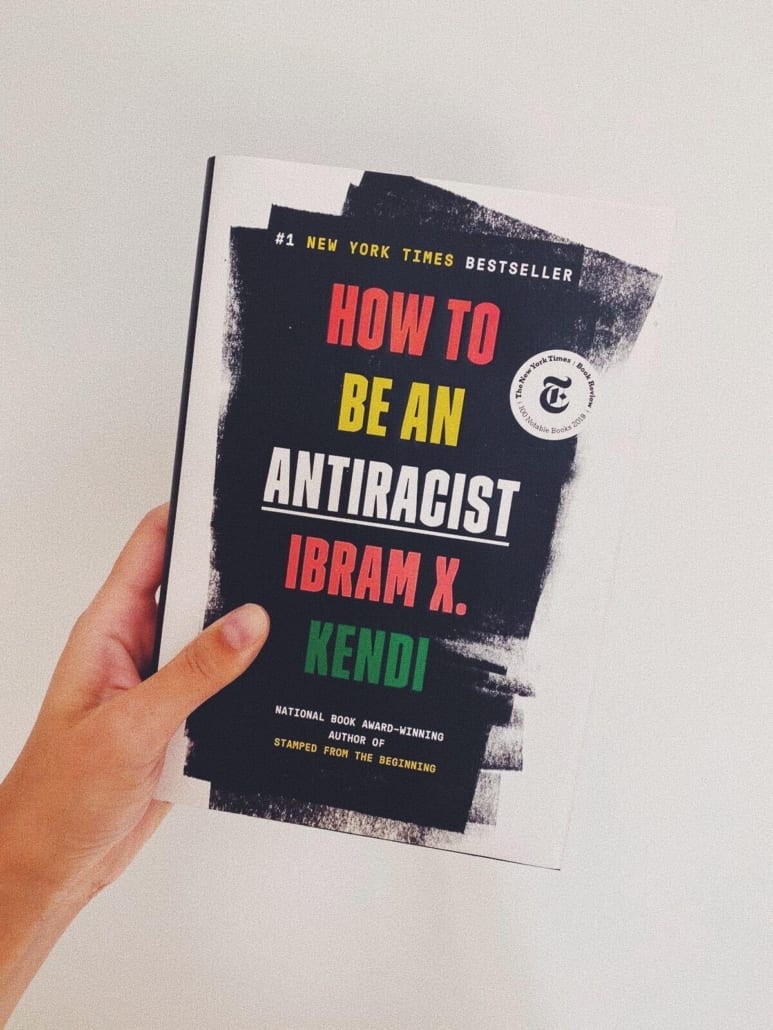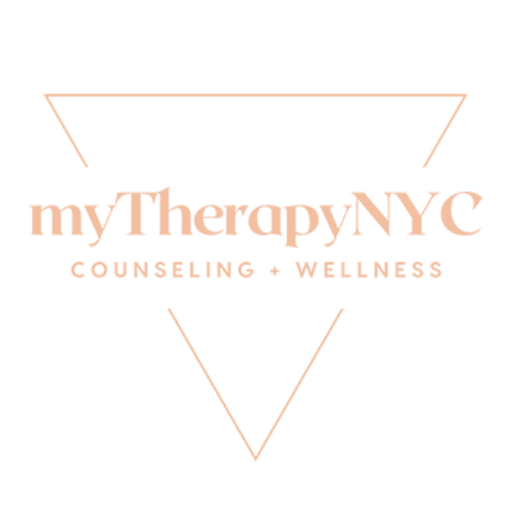Recently, the staff psychotherapists at myTherapyNYC met to discuss the book How to be an Antiracist by Dr. Ibram X. Kendi. As mental health counselors and social workers, we are trained to be lifelong learners in order to better serve the needs of any client who needs our help. This work requires re-learning as well as dismantling beliefs that are rooted in the violence of white supremacy. Even if you’re not a therapist, Dr. Kendi’s book will help you explore the pervasive and interconnected violence of anti-Black racism and work towards an antiracist mindset.
What are some types of racism?
Dr. Kendi’s book outlines a continuum of racist to antiracist practices. These challenge different levels of complacency in systems of white supremacy, including segregation and assimilation. Segregationists are defined by a belief that one or more groups are considered inferior to whiteness and that groups must be separated. This manifests in a variety of ways from hate crimes and violence, to gerrymandering, to a hospital patient request for a different doctor because of the doctor’s race. Assimilationists enforce and maintain white superiority by supporting cultural or behavioral programs that teach others to aspire to white ideals. This group may seem less overtly racist, yet as Dr. Kendi explains, still “reduce people of color to the level of children needing instruction on how to act” (p. 34). For example, a segregationist may support “Blue Lives Matter” while an assimilationist may support “All Lives Matter,” and/or claim racism is over after a certain historical event (ex: The Civil Rights Act, the election of President Obama).
What is an antiracist?
Antiracists hold a belief that all groups are equal and valid without white interference. In order to earn the title of “antiracist,” people must move past theory and take concrete steps to support policy changes. Dr Kendi writes, “Critiquing racism is not activism. Changing minds is not activism. An activist produces power and policy change, not mental change” (p. 211). An Antiracist mindset accepts the need for discomfort, education, and structural change. By acknowledging that current systems maintain white supremacy, an Antiracist accepts that lasting change must come with a willingness to sacrifice current power. Antiracist work is accepting that “without pain, there is no progress” (p. 238).
Can I be non-racist?
The label “non-racist” creates a false sense that racism is something other people do and something that one can choose not to participate in. This option does not exist, because racism is maintained by the systems we rely on for society to continue as it is. There is no finish line that, once crossed, designates one as incapable of racism. Instead of antiracism being an end goal or status to obtain, the identity of an antiracist is dependent on action that impacts policy.
Racism has historically been diagnosed as a lack of information or understanding in an individual’s perspective. Dr. Kendi explains that meeting racism with education is an attempt to heal the symptoms of racism instead of the cause:
“But what if racist ideas make people illogical? What if persuading everyday White people is not persuading racist policymakers? What if racist policymakers know about the harmful outcomes of their policies? What if racist policymakers have neither morals nor conscience, let alone moral conscience, to paraphrase Malcolm X? What if no group in history has gained their freedom through appealing to the moral conscience of their oppressors, to paraphrase Assata Shakur?” (p. 208).
Read more: What is Microaggression and How to Avoid it
“Doing the work”
As therapists we are already quite familiar with navigating the pain that comes with acceptance and change. Perhaps this is familiar to you as well. Therapists are primed to witness a person in their complexities and to resist believing the stories that oversimplify that person’s experience. We can all hold ourselves to the work it will take to resist the stories white supremacy tells us. Dr. Kendi names “the source of racist ideas (as) not ignorance and hate, but self-interest” (p. 232). Our self-interest will always skew towards the familiar, the established status quo. Resisting this requires tolerating discomfort, confusion, and vulnerability. Beyond re-learning and educating, antiracism work requires action that impacts racist policy and, therefore, racist ideas.
Check out our list of anti-racism resources.
What we’re doing
As therapists, we participate in and maintain a system of organizations and policies that regulate and, at many times, gatekeep access to necessary mental health services. The history and development of mental health practices must be acknowledged as defined and controlled by segregationists and assimilationists.
At myTherapyNYC, we continually strive to deepen our understanding and inform how we show up for our clients: with humility, respect and commitment to antiracist practices. As providers inherently tied to the for-profit industry of insurance, Dr. Kendi challenges us to go beyond decolonizing our minds and immediate spheres of influence. We are seeking to answer how we as a practice can take concrete action towards challenging and replacing racist policies in our world of providing mental health counseling. To start, we have created space to have a practice-wide conversation about How to be an Antiracist, and we will be participating in a training focused on how race and power show up in the mental health field. We realize this is just a start and intend to continue to grow and take action to address racism in the many ways it shows up.
For further exploration of this topic:
Get Dr. Ibram X. Kendi’s How to Be an Antiracist.
Listen to Dr. Kendi discuss his book with Brene Brown on her podcast “Unlocking Us”.
Explore Alishia McCullough continuum “7 Circles of Whiteness:”.
What are you doing to participate in anti-racism? Join the conversation in the comments below!
- Expanding Your Window of Tolerance - February 1, 2024
- Different Types of Therapists – Understanding Mental Health Practitioners - November 9, 2023
- Sex and Anxiety: Tips for Overcoming Performance Anxiety [Video] - April 13, 2023





2 comments
This is such a wonderful post Victoria! I am very fortunate to be a part of this wonderful practice where engaging in education, discussions as well as reflection is a priority. You really took what was discussed in this book as well as our staff meeting and put it all together so wonderfully in this post. Great job!
Excellent! I am so happy we had the opportunity to read and discuss this book as a group. Thank you for the other books referenced to continue educating on this topic.